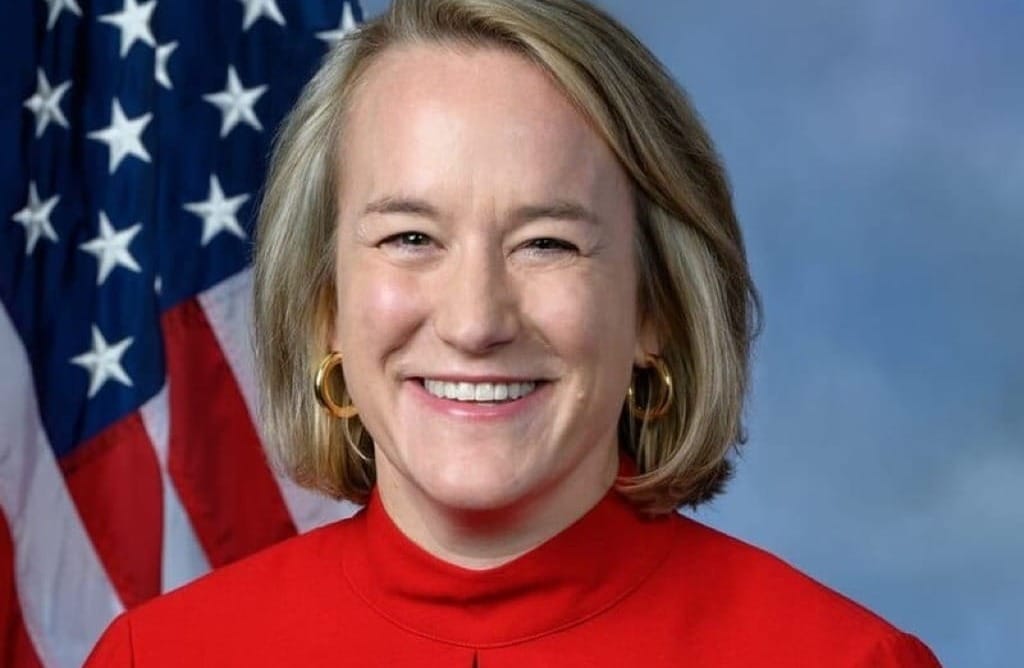House Bill Would Provide ACP with $6 Billion in New Money
Hoping to revive the Affordable Connectivity Program, two House members introduce a new funding bill.
Joel Leighton

WASHINGTON, July 30, 2024 – Two House members introduced bipartisan legislation today to provide the defunct Affordable Connectivity Program (ACP) with $6 billion in new funding.
The ACP ran out of money on May 31, causing 23 million low-income households to lose a $30 discount on their monthly internet bills.
Hoping to turn the situation around, Reps. Nikki Budzinski, D-Il., and Mike Carey, R-Oh., introduced the Secure and Affordable Broadband Extension Act, which is similar to an ACP-funding bill by the same name sponsored by Sen. Ben Ray Luján (D-N.M.).
In furnishing the ACP with $6 billion in new funds, the House bill would likely sustain the subsidy program at least through the end of the year.
The Budzinski-Carey bill would not be a carbon copy of the ACP established by the Infrastructure Investment and Jobs Act of 2021.
The original ACP allowed enrollment of a household with an income at or below 200 percent of the federal poverty guidelines, or about $62,400 for a family of four. Under the Budzinski-Carey bill, income eligibility would drop to 135 percent of the federal poverty guidelines, or $42,120 for a family of four.
If Budzinski-Carey became law, it would appear that not all 23 million households enrolled in the original ACP would continue to qualify for benefits under the new one.
The 135 percent threshold was taken from the FCC's Lifeline program within the $8.1 billion Universal Service Fund. Luján's bill also tightened the ACP’s eligibility criteria.
Amy Huffman, Policy Director at the National Digital Inclusion Alliance, welcomed the Budzinski-Carey bill as an attempt to bring relief to millions of low-income families.
"On behalf of the 1,700 digital inclusion programs we represent, we urge Congress to act quickly to fast-track this legislation and reverse the devastating impact that ACP’s end has had on household budgets across the country," Huffman said.









Member discussion